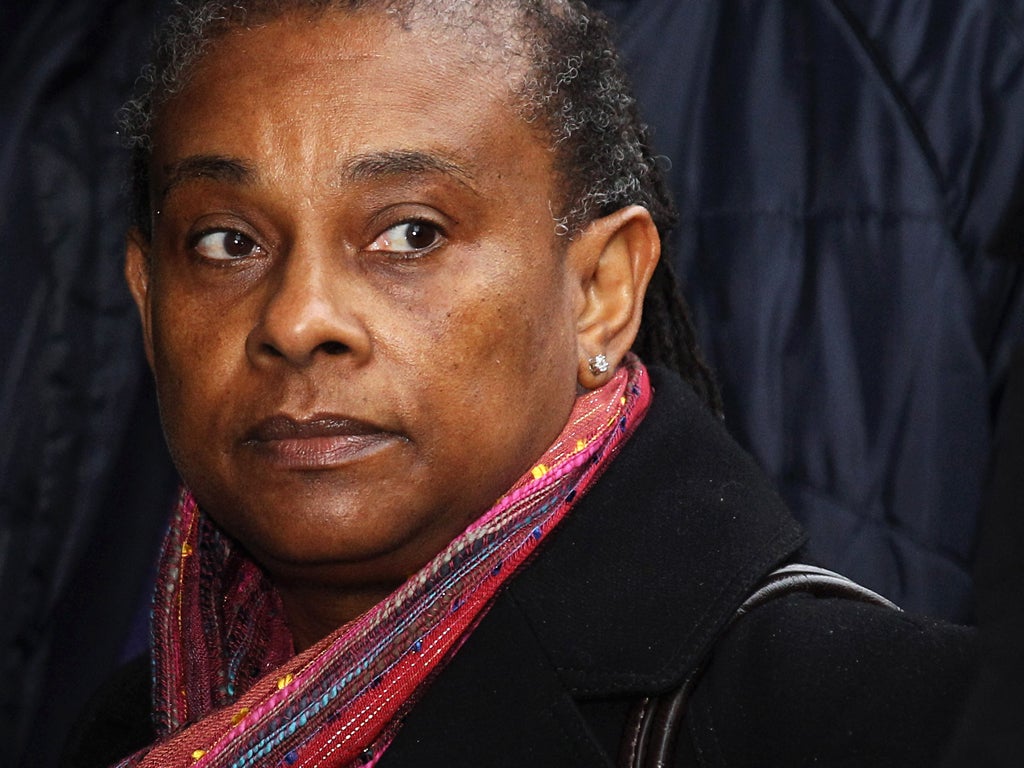BBC Woman's Hour 2014 Power List: Separating women's achievements sends the message they cannot be considered alongside their male peers
Despite their success, they are still defined in terms of gender


Your support helps us to tell the story
From reproductive rights to climate change to Big Tech, The Independent is on the ground when the story is developing. Whether it's investigating the financials of Elon Musk's pro-Trump PAC or producing our latest documentary, 'The A Word', which shines a light on the American women fighting for reproductive rights, we know how important it is to parse out the facts from the messaging.
At such a critical moment in US history, we need reporters on the ground. Your donation allows us to keep sending journalists to speak to both sides of the story.
The Independent is trusted by Americans across the entire political spectrum. And unlike many other quality news outlets, we choose not to lock Americans out of our reporting and analysis with paywalls. We believe quality journalism should be available to everyone, paid for by those who can afford it.
Your support makes all the difference.I frequently find myself in two minds over lists honouring the successes of certain groups. Sounds worrying? Bear with me.
On the one hand, I acknowledge, appreciate and wholeheartedly support the need to celebrate the achievements of sections of society that might otherwise be overlooked. On the other, the existence of rankings recognising only the successes of women, black people or LGBT groups seems to me to negate the very purpose of the lists in the first place, highlighting the fact that some people are still defined by their place in society.
So it was with a healthy dollop of scepticism that I began to look over the BBC Woman's Hour 2014 Power List, which this year focuses on “game-changers”, a vague term which seems to refer to a woman who has worked to further her cause for the benefit of society. Scepticism aside, this is a marked improvement on last year’s list which named the Queen and Theresa May as its top two, thereby suggesting that to become a powerful woman one must inherit power or go to a posh private school. Not very women’s lib.
Topping the list this year is Doreen Lawrence OBE who, after her son Stephen Lawrence was murdered in a racist attack in south-east London in 1993, set up the Stephen Lawrence Charitable Trust to promote a positive community legacy in his name. Since her son’s death, Lawrence has campaigned tirelessly against racism and to help other victims of racist crime.
Lawrence is, undoubtedly, a worthy winner of the title “game changer”. Her dogged determination to expose racism within, and outside of, the Metropolitan Police should be celebrated with accolades and honours galore. Indeed, it has been. Lawrence received a Lifetime Achievement Award at the 14th Pride of Britain Awards in October 2012, and was elevated to the rank of baroness in September 2013.
But in placing her on a list of powerful women (albeit at the top) we are in some small way implying that she cannot be considered alongside her male peers; that despite her achievements she is still defined by her gender, and, in part, by her role as a mother.
Lists like these prevent men and women from competing on a level playing field. Classifying people based on their gender, sexuality or the colour of their skin, instead of focussing solely on their achievements is flawed. I wonder how Laura Bates, founder of The Everyday Sexism project and ranked number nine this year, feels about being included on a list purely because of her gender.
None of this is to say celebrations such as these don’t serve a purpose, hence my two minds. It’s important to honour every single one of these women, and more besides, for the important work they do. But lists which acknowledge both genders are the ones we should pay close attention to. At least there, social imbalances are plainly obvious and, one would hope, impossible to ignore.
Join our commenting forum
Join thought-provoking conversations, follow other Independent readers and see their replies
Comments